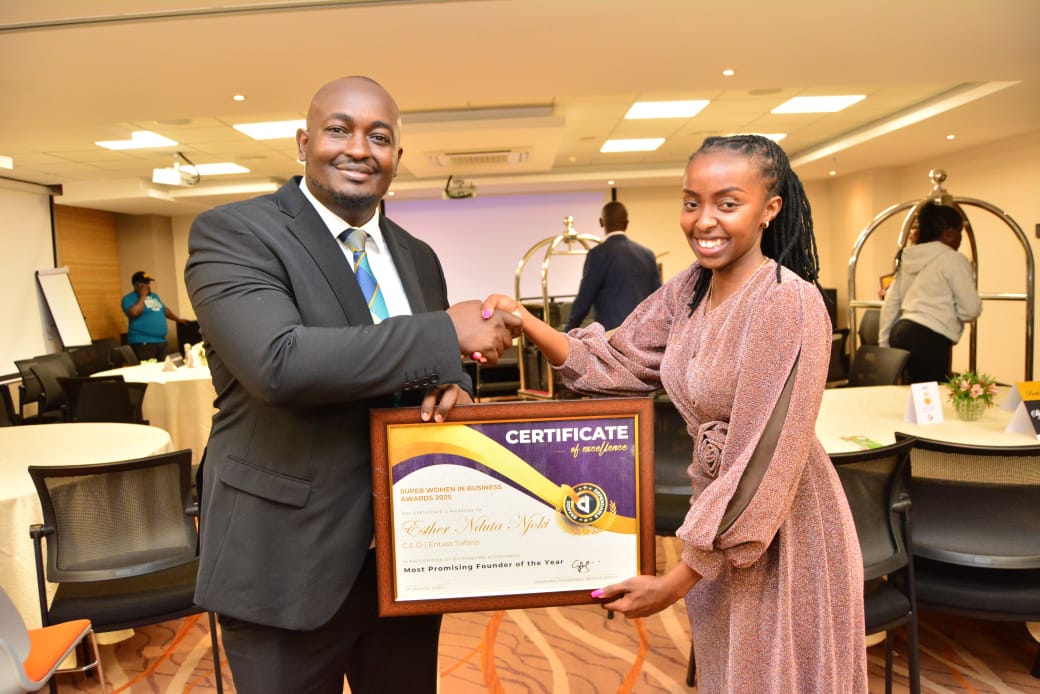In managing our finances and personal development, this is like a metaphorical transformation of milk to yogurt, and then to cheese, revealing a profound truth about the nature of mistakes and their ability to create value.
Just as cheese is a more valuable dairy product than both milk and yoghurt and sour grape juice melts into fine wine, our mistakes and failures provide many avenues for breakthroughs and personal growth. If we adopt this perspective, our lives will be more dynamic and inventive.
Mistakes are often viewed negatively, but they are still necessary for growth and learning. In financial terms, mistakes are often referred to as losses or problems. But turning mistakes into learning opportunities reveals the hidden value. Each mistake provides valuable information to inform future decisions that lead to better outcomes.
Consider the story of Christopher Columbus made an unforeseen navigation error in 1492, which led to the discovery of America and altered history. Similarly, Alexander Fleming’s penicillin discovery was a game-changer in medicine and ultimately led to the salvation of many lives. These important moments in history show how mistakes can lead to new places and opportunities.
In business, many successful companies are built on lessons learned from failure. For example, the early struggles of companies like Apple and Amazon are well documented. Apple’s near-bankruptcy in the 1990s forced it to innovate and refocus, leading to the development of popular products like the iPhone.
Originally a small online bookstore, Amazon has grown from early stages and operational mistakes to an e-commerce giant. These companies didn’t let their mistakes define them. Instead, they used it as a springboard to greater success by solving problems and inefficiencies that the owners overlooked.
Financial markets are also a testament of the ability of transformative mistakes. To improve performance, business and traders analyze past mistakes to refine their strategies. The concept of risk management lies in understanding and reducing the impact of errors. Every market correction or downturn teaches important lessons that shape future investment policies and strategies.
For individual investors, bad investment choices, while painful, can teach lessons in due diligence, market research, and patience. By analyzing what went wrong, investors can develop stronger strategies and avoid repeating the same mistakes. This process of learning and adapting is essential to long-term financial success.
For example, the 2008 financial crisis revealed significant weaknesses in risk management and regulatory oversight. The regulations have subsequently become stricter, better understood and more robust risk assessment models. These changes have made the financial system stronger and more resilient to future shocks.
The technology sector, Thomas Edison famously said, “I have not failed. I’ve just found 10,000 ways that won’t work.” His relentless experimentation led to the invention of the light bulb, transforming modern life.
READ ALSO:
Pre-Ushirika Day blood donation drive launched at Cooperative University
Similarly, the development of the Internet was full of difficulties and technical problems. But today it is the column backbone of global communication and commerce.
A willingness to take risks and learn from failures drives progress and creates new opportunities for growth and investment. Mobile banking, peer-to-peer lending, and blockchain technology are examples of innovations that came from understanding and addressing the limitations of existing systems.
On a personal level, admitting mistakes fosters strength and improvement. Fear of failure can be instinctive, preventing people from taking risks and pursuing goals. By viewing mistakes as valuable learning experiences, one can develop the confidence to face challenges and seize opportunities.
Resilience is particularly important in career development. Professionals who adapt and learn from their mistakes are better able to face the challenges at their workplace. They do better at problem solving, decision making and leadership. This mindset not only improves individual performance but also contributes to organizational success.
For the general public, understanding the value of mistakes can lead to more informed decisions and a greater willingness to engage in financial planning and investing. Education and awareness programmes that emphasize learning from financial mistakes can help people manage their finances in the future.
Mistakes are not problems, but opportunities for change and growth. Whether in finance, business or personal development, the lessons learned from mistakes are invaluable. Just as milk becomes a more valuable dairy product and grape juice melts into fine wine, our mistakes refine our skills and knowledge, making us better people.
The journey to perfection is not about avoiding mistakes, but about accepting them as part of the learning process. By acknowledging our mistakes and learning from them, we can innovate, grow and succeed.
So, the next time you encounter a setback, remember that there’s only one way out for something bigger and reach your potential. Financial institutions, individuals and the public can benefit from this perspective by promoting a culture of continuous improvement and efficiency.
By Tiberius Onsongo
Tiberia is a Banking and Finance Professional
Get more stories from our website: Sacco Review.
For comments and clarifications, write to: Saccoreview@
Kindly follow us via our social media pages on Facebook: Sacco Review Newspaper for timely updates



